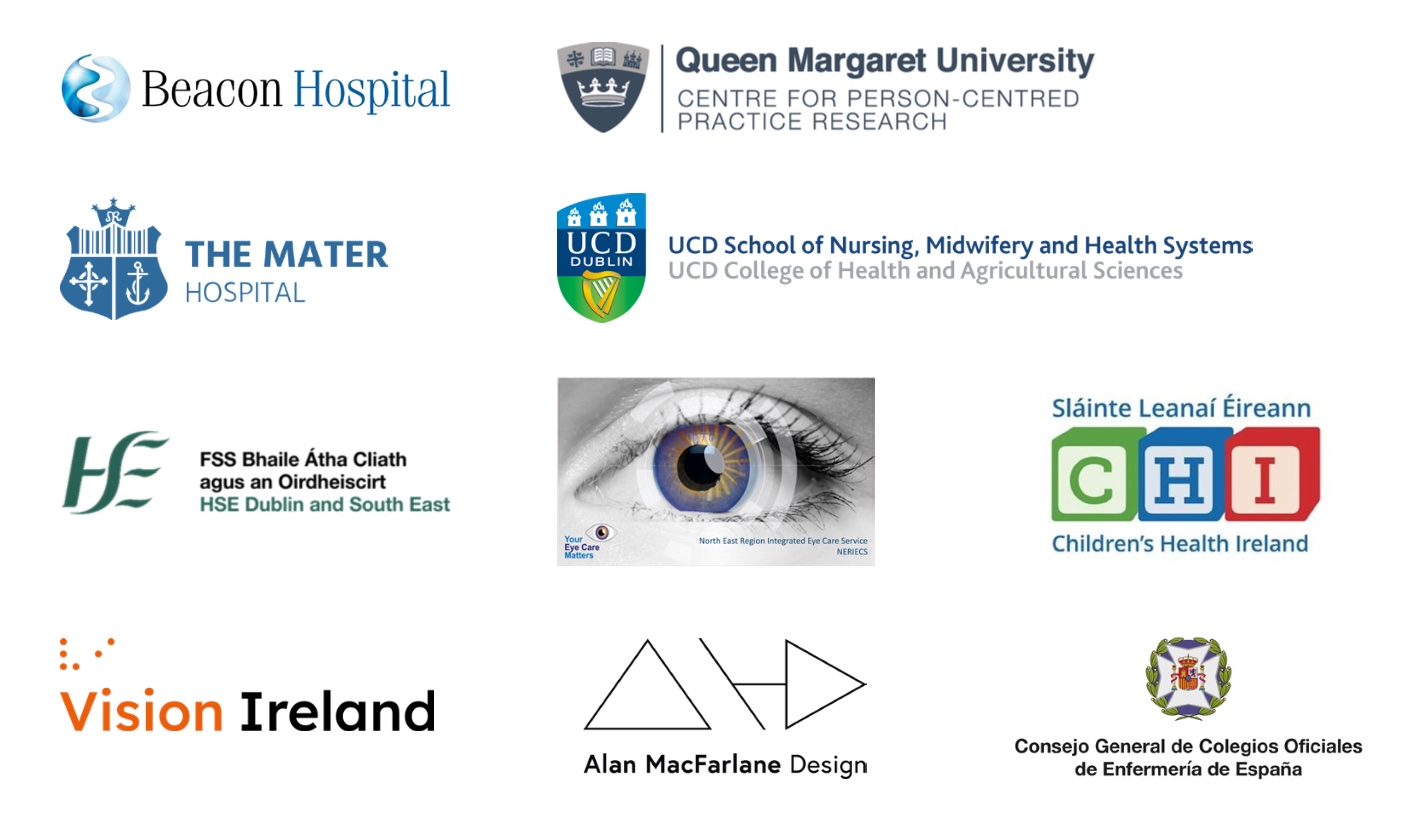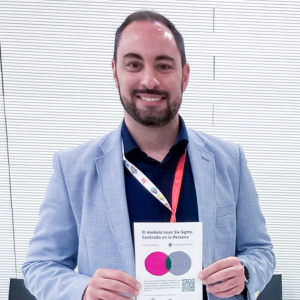

The Person-centred Lean Six Sigma model: A reflective guide for values-driven health systems improvement
On This Page

Introduction
Lean Six Sigma (LSS) is one of the most widely used improvement methodologies globally. Originally developed in manufacturing and now widely adopted in healthcare, it provides a structured, data-driven approach to enhancing quality, minimising waste, and optimising processes. Its popularity lies in its ability to deliver measurable results and support large-scale change across health systems.
Yet, in healthcare, the traditional application of LSS has often prioritised efficiency and compliance over the values and relationships that matter most to patients, families, and staff. This risks improving processes while undermining person-centred cultures.
The Person-Centred Lean Six Sigma (PCLSS) model was developed to address this challenge. By aligning the technical rigour of LSS with the principles of person-centred care, the model ensures that improvement efforts are not only effective but also ethically grounded, relationally informed, and supportive of healthful cultures.
About the Project
Origins and Development
The model was developed through a rigorous programme of realist inquiry carried out with the Centre for Person-centred Practice Research, QMU, Edinburgh and the UCD School of Nursing, Midwifery and Health Systems. This began with a realist review to theorise how Lean Six Sigma contributes to person-centred cultures, followed by a realist evaluation in clinical practice, and then testing across 12 study sites in both public and private hospitals in Ireland. Together, these stages provided deep insight into the contexts, mechanisms, and outcomes through which improvement efforts succeed or fail.
Structure and Approach
The PCLSS model reinterprets core Lean Six Sigma elements, such as Voice of the Customer, Gemba, Standardisation, and Staff Empowerment, through a person-centred lens. In doing so, it highlights:
-
Synergies, where Lean and person-centred values align.
-
Divergences, where tensions emerge between technical efficiency and relational meaning.
-
Mutual influences, where one approach strengthens the other.
This structure creates a reflective guide for practitioners, linking technical methods with relational and ethical principles. It positions quality improvement not only as a process-driven discipline but as a values-driven, person-centred practice.
Adoption and Impact
The model is now embedded in accredited education programmes at UCD, accessed by more than 4,000 healthcare professionals. It has been translated into English, Spanish, and German, and adopted in practice by practitioners and organisations in 12 countries across Europe, Asia, North America, and Australasia.
The PCLSS model has received international recognition, including the Best Abstract Award at the 2023 Stanford University Lean Healthcare Academic Conference. It has also been disseminated through global masterclasses and workshops, including at the Bern University of Applied Sciences and the Stanford Medicine Centre for Improvement.
Building on this foundation, the model continues to expand through comparative testing, international collaboration, and ongoing research with academic and clinical partners.
Project Outputs
PCLSS model
- Download The Person-centred Lean Six Sigma Model booklet (English Version)
- Download The Person-centred Lean Six Sigma Model booklet (Spanish Version)
- NEW Download The Person-centred Lean Six Sigma Model booklet (German Version)
Research Development Papers
(opens in a new window)https://thescipub.com/abstract/ijrnsp.2020.10.23
(opens in a new window)https://www.mdpi.com/1660-4601/18/19/10427
(opens in a new window)https://www.mdpi.com/1660-4601/19/4/2370
(opens in a new window)https://www.mdpi.com/2813-
Curriculum Development Paper
(opens in a new window)https://academic.oup.com/intqhc/article/31/Supplement_1/3/5684858?login=false
Results and application papers
(opens in a new window)https://www.mdpi.com/2413-4155/6/4/72
(opens in a new window)https://www.mdpi.com/1660-4601/19/5/2754
(opens in a new window)https://www.mdpi.com/1660-4601/19/3/1246
Our Partners

Project Team



-1.png)


Professor Christoph von Dach
Professor and Lecturer, Clinical Nursing Science
Bern University of Applied Science and Solothurner Spitäler AG, Switzerland
My Profile


.png)